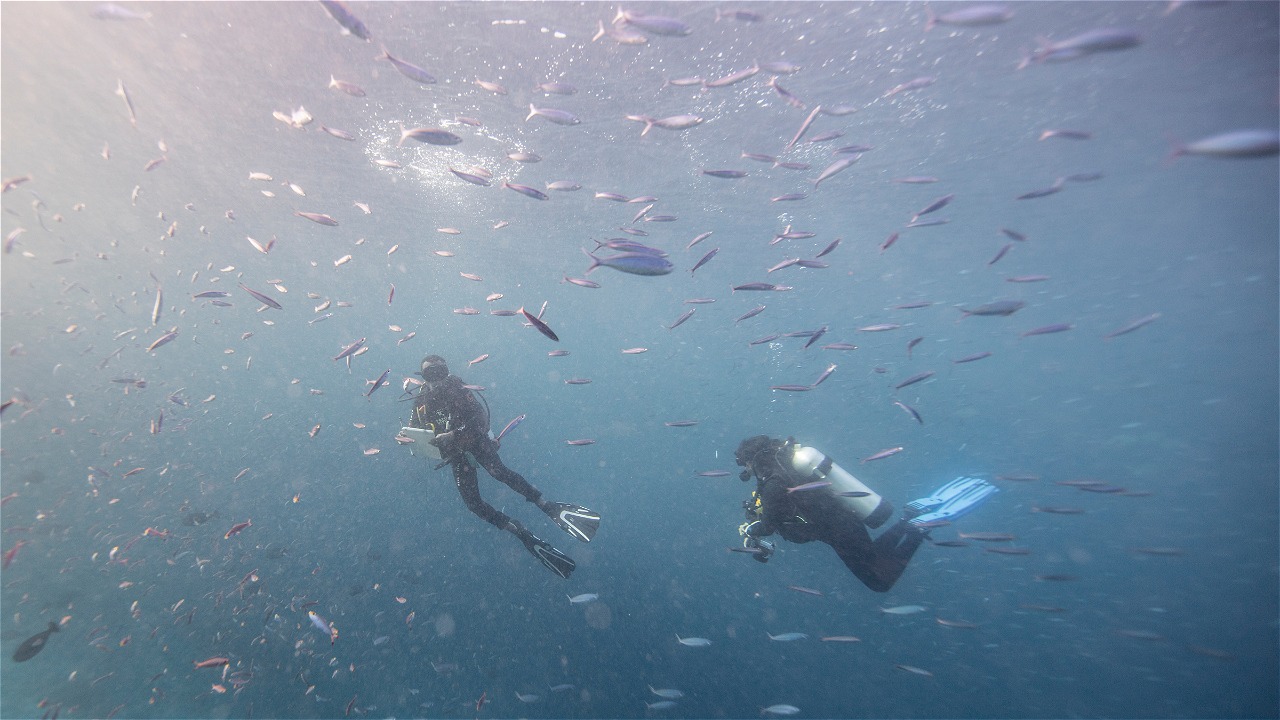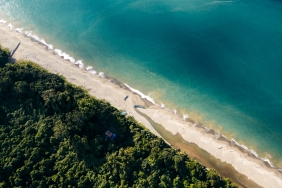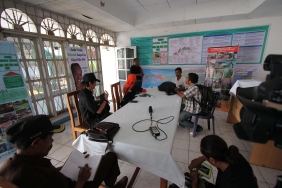STAKEHOLDER WORKSHOPS AND TECHNICAL TRAINING: STEPS TO IMPROVE FISHERIES PRACTICES
Living Blue Planet Report revealed a 50% decline in marine resources from 1970 to 2012. In fact, coral reefs are predicted to be extinct by 2050 as a result of climate change. However, marine resources can still be saved and improved to sustain human life. Download here : Living Blue Planet Report
Fisheries Improvement Program (FIP) for capture fisheries and Aquaculture Improvement P Program (AIP) for aquaculture, is a fisheries improvement work plan that WWF-Indonesia is promoting to save the condition of the motherland's marine resources. Together with TAKA Foundation and WWF-Coral Triangle, WWF-Indonesia held a workshop for fisheries stakeholders as well as technical training FIP in Sanur, Bali.
The workshop aims to introduce FIPs to fisheries stakeholders in Indonesia as well as capacity building for academics to be able to implement the principles of FIPs in the Fisheries Management Areas of the Republic of Indonesia (WPP-RI). Held for five days since September 28, the workshop invited representatives of fisheries stakeholders in Indonesia including NGOs, fisheries practitioners, academics, and representatives from the government. (Read Also: Indonesian Reef Fish Improvement Efforts Reach Sulawesi and Nusa Tenggara)
StakeholdersWorkshop
Running for two days, the workhsop for stakeholders was opened by Habibi Abdullah as WWF-Indonesia's Capture and Aquaculture Fisheries Improvement Manager and Jesse Marsh from Scaling Blue, LCC. Attended by more than 40 people from NGOs, fisheries companies, and staff of the Ministry of Marine Affairs and Fisheries (KKP) represented from the DITJEN PDS KKP.
Jesse explained the importance of FIPs and how to implement them, followed by the identification of problems and fisheries issues from each commodity and region. After the break, Jesse continued his presentation related to the overview of the FIP process and continued with presentations on Tuna in Indonesia by MDPI, Mackerel by Jeremy Crawford, NFI and Tuna FIP in the Philippines by Marietta Calacal from WWF-Philippines.
The second day of the workshop was not much like the first day, presentations continued with different topics. Each group was given the task of assessing the commodities and fishery areas of their choice according to the case examples given by the presenters and then presenting the results of their discussions to the other groups and ending with a question and answer session.
Techincal Training
Technical Training held for four days at the WWF Office - Sunda Banda Seascape (SBS) was attended by academics from Bogor Agricultural University (IPB); Diponegoro University (UNDIP) Semarang; Hassanudin State University (UNHAS), Makassar, as well as NGOs and WWF networks, including WWF-Philippines, TAKA Foundation; as well as presenters from Poseidon and Marine Stewardship Council (MSC).
On this occasion Richard and Cassey from MSC shared views on why to choose MSC, challenges, and some inspiring stories from several countries that have successfully obtained MSC ecolabel certificates and fish stock data. It is hoped that through stakeholder workshops and technical training, all participants can be actively involved in the implementation of FIPs so that improvements in Indonesian fisheries practices can be realized and marine resources are again qualified.





